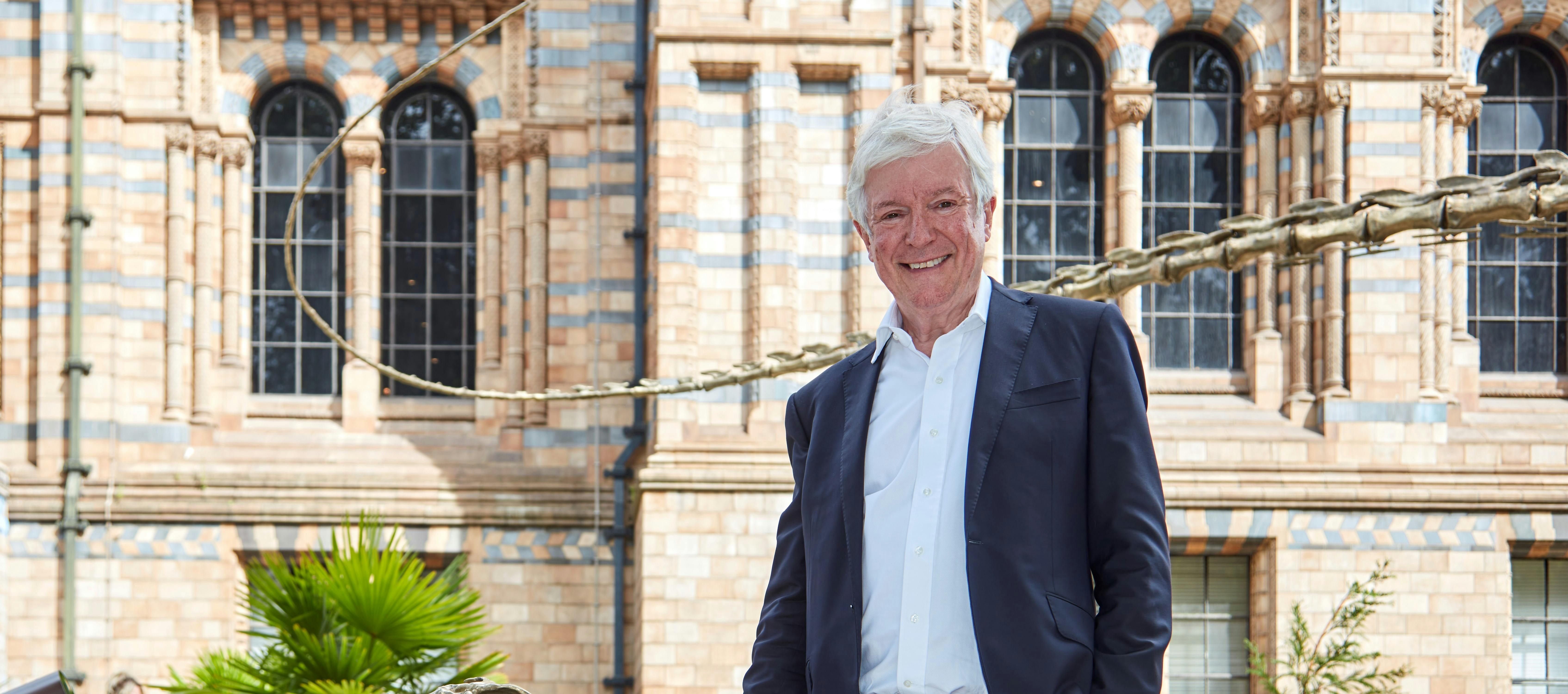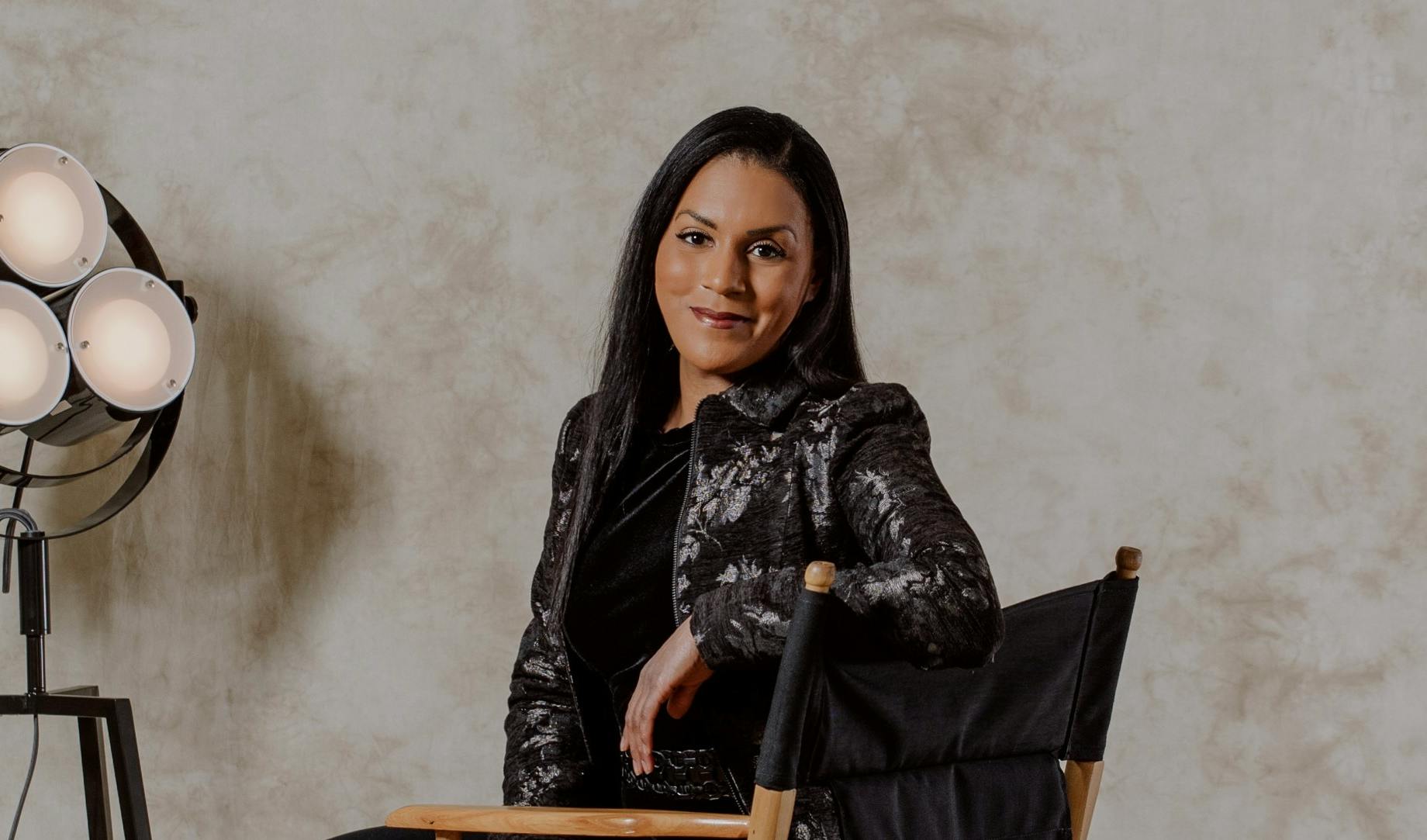
How to sit on a third sector board I Lord Mandelson
Susan Boster talks with Peter Mandelson about long-term thinking, board chemistry and speaking out when there's a problem...
Lord Mandelson is Co-founder and Chairman of Global Counsel, a regulatory, political risk and public policy advisory business based in London, Washington DC, Brussels and Singapore. He is a former European Trade Commissioner and British First Secretary of State. As Trade Commissioner between 2004 and 2008, he negotiated trade agreements with many countries and led European negotiations in the WTO Doha World Trade Round.
Prior to this, he held a number of Cabinet posts under Tony Blair and Gordon Brown including Secretary of State for Trade and Industry, Northern Ireland Secretary and Secretary of State for Business, Innovation and Skills. He was Member of Parliament for Hartlepool from 1992 until 2004 and Director of Campaigns and Communications for the Labour party between 1985 and 1990.
As well as Chairman of Global Counsel, Peter is a Senior Adviser to Lazard. He is President of the Great Britain China Centre, Chairman of the Design Museum in London and Chancellor of Manchester Metropolitan University.
Why did you choose to join the board of a cultural organisation?
The Design Museum excited me – partly because I love design in my own life and in the home, but more so because as a minister, I have always been obsessed about the country’s capacity to make things to sell and trade. I am intrigued by the notion that anything of high value, performance or beauty must be well designed, whether in manufacturing, the creative industries or the performing arts. The Design Museum was therefore an obvious choice for me.
What are the key qualities for a good board member in the arts/charity sector?
To have some insight about the subject, the work in question and the institution is necessary. Equally important is focus, time and enthusiasm. What you do not know you can acquire, and where you don’t have experience you can build it up, as long as you have the enthusiasm to do so.
What is the biggest challenge arts/culture/charitable organisations are facing right now, and where do you see opportunity?
Right now, the biggest challenge is survival, given the scale of the medical emergency and the downward plunge of the economy. To help any institution get through this, the government must help.
In the longer term, the challenge will be rebuilding a popular and commercial base; you must make your institution relevant and appeal to a mass audience. You have got to think in terms of a majority, rather than a minority attraction, in order to create a business model that will get you through this challenging period.
How do your organisations across sectors approach board composition? Have you taken any of the best practices learned from chairing these organisations into your work in the charitable sector?
The key thing is to get the right skill mix, but it is also important to have the right group of people who get along and who are mutually supportive of one another. Of course, you need to compose a membership that reflects the diversity and range of backgrounds in society.
You need a group of trustees and others who gel as a team, who enjoy each other’s company, and who look forward to meeting each other. If you are in an organisation where you dread the meetings, you know it's time to leave.
How did you utilise your experience of leading international organisations to leading a UK-based museum?
Whether you are leading or chairing an international organisation, government department or charity board, you need the same range of skills. You have to be across the detail, and you have to be a good judge of the strengths and weaknesses of the people you are working with. You must be able to moderate discussions in an inclusive way, and make sure you bring them to a clear conclusion.
In my experience, with any organisation you are helping to lead, you have to have clearly defined objectives and you need to assemble an agreed project which everyone supports. At any given time, you need clear stated priorities, you need to know what your strategy is, and you need to keep communicating it. People must be reminded of what you are doing, where you are going, why and how. Communication, therefore, is a vital ingredient.
What are the specific challenges and learnings of being a chair, compared to a trustee?
A chair is a leader, not a follower. A chair’s job is above all to get the best out of everyone else. You are not there to reflect glory on yourself, neither are you there to use everyone else as an echo chamber for your own views. An important part of your role is to help and develop every individual on your board to make their own unique contribution.
When have you gotten it wrong, and what did you learn?
There have been occasions when I have felt that things were not quite right, but I have not been certain, and so I have let things drift. Once you feel something is not quite right, you have to dig deeper, and when you are sure of your ground, you must confront the situation, as it will not solve or repair itself.
You must be the one who helps engineer the solution. Of course, inevitably, that can involve tension, but that is what being a leader is about. You must address these situations, rather than leave them to fester.
What is your advice to someone looking to become a chair in any sector?
My chief advice is only become a chair if you are genuinely interested and enthusiastic about the position and organisation. Do not go through the motions of doing something which you are unsure about, or which does not thrill you. It is not just a box to tick on a CV or something to do on sufferance.
You will only be as good as the team you are leading, so do not carry too many passengers, and do not get above, or too far ahead of the institution you are chairing. People have got to have faith and trust in you, just as you need confidence in them. You must earn that faith and trust, and build it up over time, as it's not acquired automatically.
Susan Boster is Founder and CEO of Boster Group, one of the world’s leading independent consultancies specialising in the development of innovative partnerships between global corporations, arts institutions and social impact foundations. Boster Group has overseen the transfer of more than $75 million to cultural and social impact partners, and delivered measurable results to its clients around the world. For over 20 years, Boster Group has been a trusted advisor to a number of Fortune 500 companies, leveraging its knowledge, expertise and global network to deliver against clients' business and social impact goals.
Previously Marketing Director at Barnes & Noble and CMO at News International, Susan currently sits on the boards of the Donmar Warehouse and The Representation Project, and serves on the Enterprise Committee at The Design Museum. Susan also served two terms as Vice Chairman of the Board of the English National Ballet. She is regularly featured as a host and keynote speaker at conferences such as CognitionX and the Equality Lounge at the World Economic Forum in Davos and is a guest lecturer at Sotheby’s Institute of Art.
Nurole is the global platform changing the way organisations bring the best people on to their boards. Find out how it works for talented people looking for the best board level positions, and for organisations looking to hire the best board level talent.





